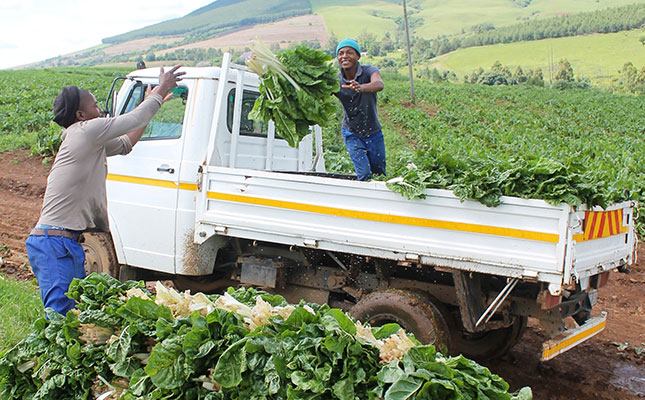With Standard Bank a 50% shareholder in the business, there’s been an outcry about it allowing DairyBelle to take a decision which has such a negative impact on farmers. There has even been talk of farmers boycotting the bank and taking their business elsewhere. However, DairyBelle acting CEO Jacques Fourie said Standard Bank had no influence on company decisions about price cuts and, as such, it’s unfair to blame the bank.
An Eastern Cape dairy farmer, who did not wish to be named, said Standard Bank is very strong in the Eastern Cape farming community. “The price cut will negatively affect a lot of Standard Bank’s clients. However, I don’t think talk of a boycott will amount to much,” he added.
Best interest
Standard Bank spokesperson Ross Linstrom said DairyBelle’s decision to cut prices was taken in the best interest of the company, its suppliers and its customers. “We recognise that there will be certain adverse consequences which are regrettable, but the decision made by DairyBelle has been taken with regard for the longer term viability of its business and the industry as a whole.
“The milk industry in this country needs to remain competitive to compete with imported dairy products.” Midlands Milk chairperson Ren Stubbs said DairyBelle’s price is way below the cost of production, which (on pasture) is R3,40/l (gross margin) in the KZN Midlands. “The irony is that if other milk buyers also cut prices, DairyBelle’s price advantage in the market will be eroded completely,” said Stubbs. The Eastern Cape farmer said his milk price was cut by 60c/l on 25 June. “We were getting about R3,90. We run very efficient pasture-based systems, but certainly won’t make the grade at R3,30.”
Worried
DairyBelle had been paying Eastern Cape farmers about 20c/l more than any other milk buyer. Farmers had expected a cut of about 30c/l and 40c/l in August or September, as is the norm when higher summer volumes flow into the market.
“In 25 years of farming, I have seldom seen a milk buyer drop prices in mid-winter,” said the EC farmer. He added it makes one suspect financial difficulties and the cuts “have created a huge amount of concern among farmers that they will not get their milk cheques.”
He said that DairyBelle is refusing to release farmers from milk supply contracts signed only 10 days before the price cut. “Some farmers asked to be released from their contracts because another milk buyer has indicated they will take the milk. But DairyBelle won’t. I believe they are jeopardising their supply of milk going forward.” According to Fourie, DairyBelle is not in financial difficulty and the milk cheques aren’t in jeopardy.










